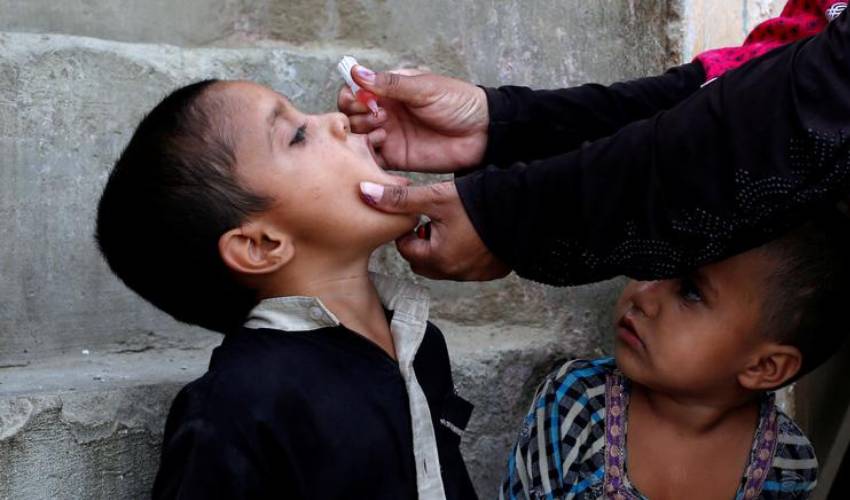Pakistan's polio case count for the year has reached 32 after four more children were paralyzed by the virus, marking a continuous rise in cases.
Pakistan, alongside Afghanistan, remains one of the last two polio-endemic countries in the world. Despite significant progress in reducing cases over the years, the recent surge is a cause for concern.
The government has made persistent efforts to eradicate polio through widespread vaccination campaigns. However, the disease continues to affect the country, primarily targeting children under the age of five, especially those who are malnourished or have weakened immune systems due to incomplete or no vaccinations.
Polio is a highly contagious virus that attacks the nervous system, leading to paralysis or, in severe cases, death. Although there is no cure, vaccination remains the most effective method of preventing the disease and protecting vulnerable children.
The recent increase in polio cases is a major setback for the country’s eradication efforts, with authorities ramping up vaccination drives and raising public awareness about the critical importance of immunization.
The latest cases were reported from three regions: two in Jacobabad, one in Malir, and another in Dera Ismail Khan.
In response, the Pakistan Polio Programme has implemented a strategic plan aimed at stopping virus transmission by mid-2025. Developed with provincial authorities, the plan focuses on reaching children in high-risk areas, improving the quality of vaccination campaigns, and enhancing community engagement.
A mass vaccination drive conducted in September targeted 33 million children under five in 115 districts. Another campaign is set to begin on October 28, with a particular focus on reaching mobile and migrant populations.
However, a report by the Institute for Disease Modeling (IDM) has raised concerns about the rising number of wild poliovirus cases, warning that the total could rise to between 55 and 65 by the end of 2024.



























